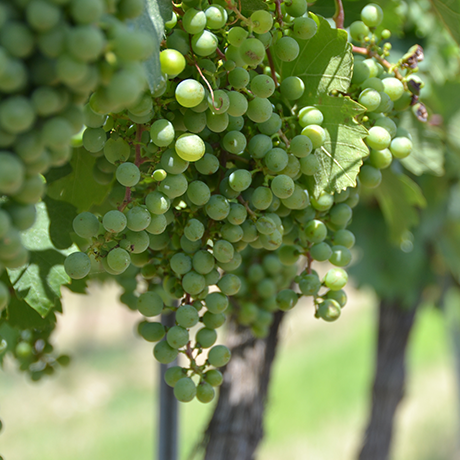The Lisbon region, formerly called Estremadura, has a long history in Portuguese viticulture. Here wines with very different profiles are born, a fact only possible due to the diversity of reliefs and microclimates concentrated in small areas of the region. The conditions for the production of quality wines in this region are excellent. The proximity to the Capital has provided an increasing awareness of these wines that are influenced by the temperate maritime climate, similar to the Bordeaux profile. Many national and international experts bet on Lisbon as one of the regions whose wines will be of greatest interest in the future.
Soil | Limy-Clayey
Climate | Temperate Atlantic
White Varieties | Arinto, Chardonnay, Fernão Pires, Verdelho, Viosinho, Vital
Red Varieties | Alfrocheiro, Alicante Bouschet, Aragonez, Touriga Nacional, Syrah, Merlot, Cabernet Sauvignon
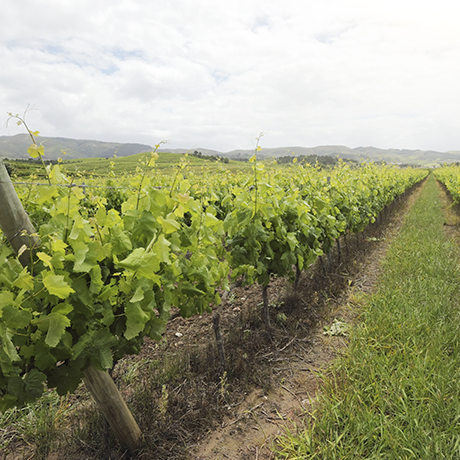
Although the cultivation of vines in Alentejo is very old, this was one of the last regions to obtain official demarcation. Since then, the growth has been remarkable and, in recent decades, Alentejo has become a major wine region, both in quantity and quality, and today it is one of the most important wine regions in the country. With modern and well-kept vineyards, avant-garde winemaking and consumer-oriented products, Alentejo has everything to maintain this leadership for many years.
Soil | Mixed Shale and Granite
Climate | Mediterranean with some Atlantic influence
White Varieties | Arinto, Roupeiro, Antão Vaz, Chardonnay
Red Varieties | Aragonez, Trincadeira, Castelão, Touriga Nacional, Alicante Bouschet, Cabernet Sauvignon, Syrah
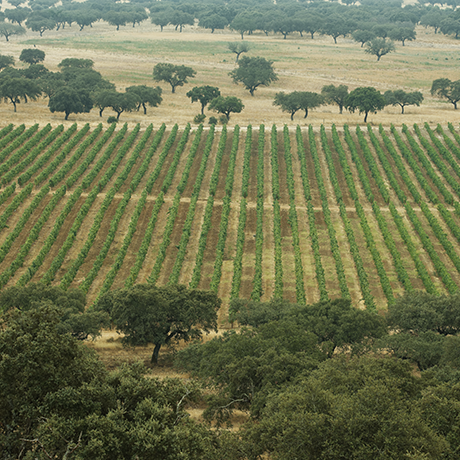
The Tejo, the largest river in Portugal, is a constant in the landscape. Along its valley and in the hills that surround it, the river has a definite influence on the climate, the soils and, consequently, the wines of the region.
This region, formerly called Ribatejo, has been showing quite positive qualitative changes in terms of the vineyards, wineries and the wines produced here. The Tagus is now a modern region, with a huge potential to offer quality wines, whose demand has been growing significantly.
Soil | Alluvium, Calcareous-Clay
Climate | Mediterranean
White Varieties | Fernão Pires, Arinto, Chardonnay
Red Varieties | Castelão, Touriga Nacional, Trincadeira, Aragonez, Cabernet Sauvignon, Syrah
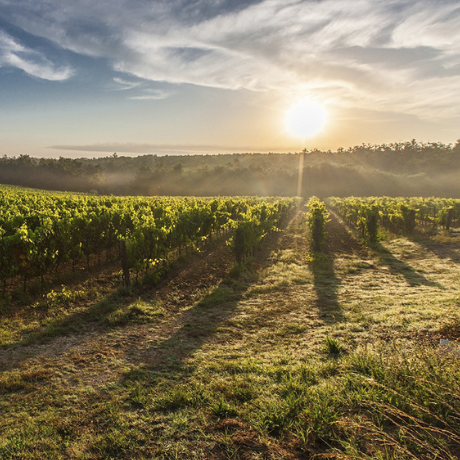
The Dão region can be defined as a plateau surrounded by several mountains, with unique conditions of soil, climate and grape varieties that translate into great wines.
Officially demarcated in 1908, the Dão region is one of the oldest wine regions in Portugal and it was the religious orders, in particular the monks of the Cistercian Order, who disseminated the cultivation of vineyards during the Middle Ages, and it has been expanding regularly since then.
The Dão vineyards, rooted in plateaus of shallow granitic soils, produce full-bodied wines with high capacity for aging in the bottle.
Soil | Granite
Climate | Continental
White Varieties | Encruzado, Bical, Cercial, Malvasia Fina, Verdelho
Red Varieties | Touriga Nacional, Alfrocheiro, Jaen, Tinta Roriz, Baga
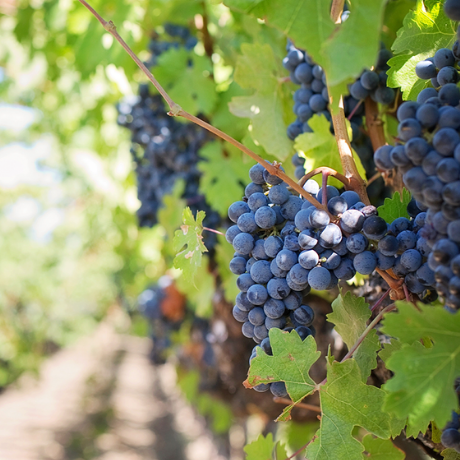
It was on the escarpments of the Douro river valley that the oldest wine Designation of Origin in the world was born, demarcated and legislated in 1756 through the direct influence of the Marquis of Pombal.
These escarpments, decorated with vineyards uniquely arranged on terraces and plateaus, give the region a unique and unmistakable landscape, classified as a World Heritage Site in 2001 by UNESCO. Although particularly difficult to work with, these soils, in addition to being excellent for the longevity of the vineyards, make it possible to obtain very concentrated and unique wines.
Solo | Schist
Climate | Continental Mediterranean
White Varieties | Gouveio, Malvasia Fina, Rabigato, Viosinho, Moscatel Galego
Red Varieties | Tinta Roriz, Touriga Franca, Touriga Nacional, Tinta Barroca, Tinto Cão

Minho is the cradle of wines with a typical character marked by the extreme Atlantic influence, with characteristic acidity, freshness and slight effervescence, certified with the centenary Vinho Verde Designation of Origin.
It is also the cradle of Portugal as a country, and the traces of this historical wealth are found everywhere, in the form of castles, churches and palaces. The vineyard is generally found in small plots and trellises, in horizontal distribution about 2 meters from the ground, which provides more hours of sunshine and health.
Soil | Light Sandy Granitic
Climate | Extreme Atlantic
White Varieties | Alvarinho, Loureiro, Trajadura, Avesso, Arinto and Azal.
Red Varieties | Borraçal, Brancelho, Espadeiro, Vinhão.
